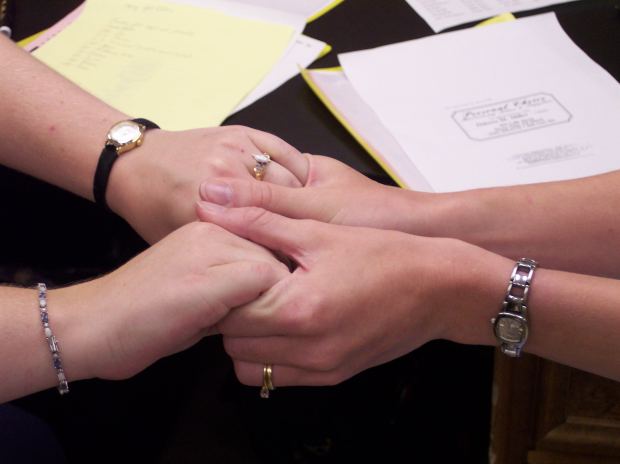In filing for Social Security Disability Insurance in Boston, many applicants recognize that they are going to have to produce copious amounts of medical documentation, test results and likely testimony from numerous doctors and other professionals.

What few may realize is that equally important could be the testimony provided by so-called “lay witnesses.” These are individuals who aren’t necessarily speaking as professionals, but can attest to your condition, its progression and the impact it has had on your ability to work and attend to every-day functions.
There is no question the court is going to hold a doctor’s expert opinion in high regard. Physicians generally retain a lack of bias, and administrative law judges respect when they put the weight of their education, knowledge and training behind a diagnosis.
But “lay witnesses” are those who tend to have more contact with a plaintiff. These could be co-workers, employers, friends and even family members and spouses. While there may be a greater inclination toward a bias opinion among these witnesses, courts generally deem them credible unless proven otherwise.
In the recent case of Tobeler v. Colvin, the U.S. Court of Appeals for the Ninth Circuit was quite clear in underscoring this point.
This particular action was a plaintiff motion seeking coverage of attorney’s fees under the Equal Access to Justice Act – specifically 28 U.S.C. 2412. This measure provides award of attorneys’ fees to the prevailing party in a civil action.
In this case, the claimant filed for SSDI, but was initially rejected. That determination was found to be erroneous, based on the fact that the administrative law judge had disregarded competent lay witnesses without comment. The case was then remanded for further consideration. It was at this point that the plaintiff sought compensation for attorneys’ fees.
The district court denied this request, but the appellate court reversed and remanded. Although the government argued that, per Vincent v. Heckler that lay witnesses could be rejected without comment, the court determined this finding was erroneous.
However, the appellate court rejected this argument, noting that in Vincent, the issue was that lay witnesses were providing what amounted to medical testimony, which they were incompetent to do. Therefore, their testimony could be disregarded without comment.
In Tobeler, the witnesses weren’t attesting to medical facts. One of those in question was a former co-worker of the plaintiff who testified as to the plaintiff’s inability to lay floor during a certain period of time in question. The other witness was the plaintiff’s wife, who attested to her husband’s depression and anxiety following the onset of his disability. The court ruled that given the nature of the testimony, the witnesses were competent to provide it.
Whether these issues were relevant, the court said, was a different matter, but either way, the ALJ couldn’t have legally dismissed this testimony without providing comment. That it did was grounds for reversal – and payment of plaintiff’s attorneys’ fees.
If you or a loved one is interested in obtaining SSDI in Boston, call for a free and confidential appointment at (617) 777-7777.
Additional Resources:
Tobeler v. Colvin, April 18, 2014, U.S. Court of Appeals for the Ninth Circuit
More Blog Entries:
Boston Marathon Raises Awareness of the Disabled Community, April 30, 2014, Boston SSDI Lawyer Blog
 Massachusetts Social Security Disability Lawyers Blog
Massachusetts Social Security Disability Lawyers Blog

